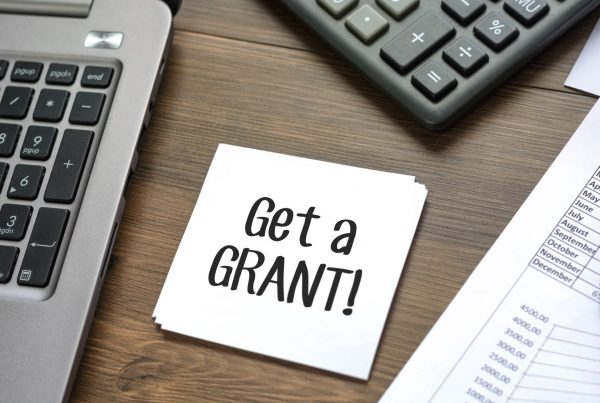What the 90% federal match of funds might mean for you or your organization
The federal Centers for Medicare and Medicaid Services (CMS) published a guidance memo in February 2016 revising the scope of federal incentives under the Meaningful Use (MU) program. The memo supersedes that of the previous guidelines published in 2013, and is aimed at helping eligible providers (EPs) satisfy the requirements of health information exchange in MU Stages 2 and 3.
Since the program’s unveiling, the incentives of MU have been limited to prescribing providers (psychiatrists and in some cases nurse practitioners). This creates difficulty for EPs hoping to fulfill the requirements of Stages 2 and 3, as it is often the case that the services of social workers, therapists, case managers, and other community mental health providers—none of whom qualify for MU incentives—are involved in total patient wellness. An organization can incur significant costs while attempting to satisfy the data exchange and interoperability requirements of MU’s latter stages. Rather than expect program compliance to become a detriment to an eligible provider’s bottom line, CMS has ruled to expand incentives into areas of health information exchange with a 90% federal match rate of state Medicaid funds.
The catch is that funds are only distributed in the interest of health information exchange as it pertains to MU. In other words, the state can only receive Medicaid dollars if they can adequately demonstrate furthering the goals of MU with an EP.
The newest guidance from CMS will result in the allocation of resources to organizations that work closely with at-risk populations. The expansion of incentives is a step toward improved health information exchange and quality of care. Additionally, it is a testament that the work that community mental health providers do is becoming more recognized as an integral part of patient wellness.
Valant makes Meaningful Use compliance easier. Request a demo to learn more here.



